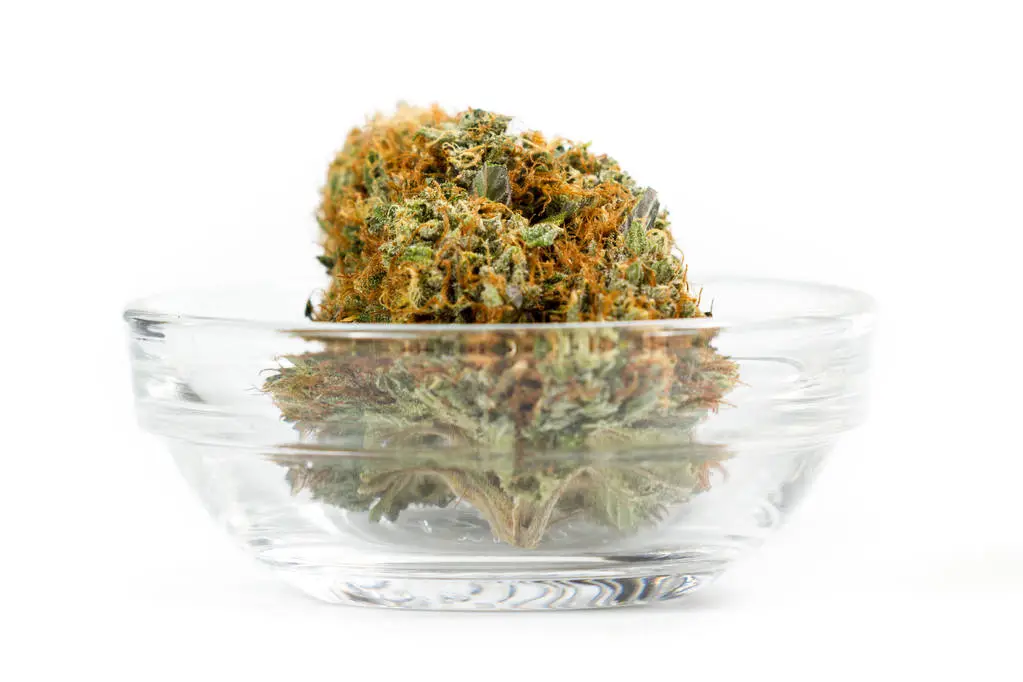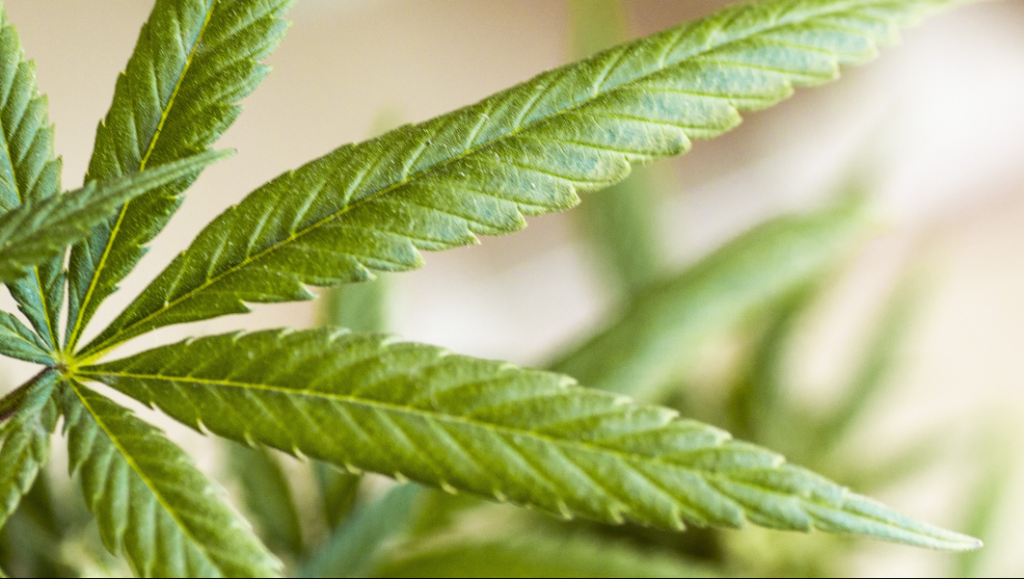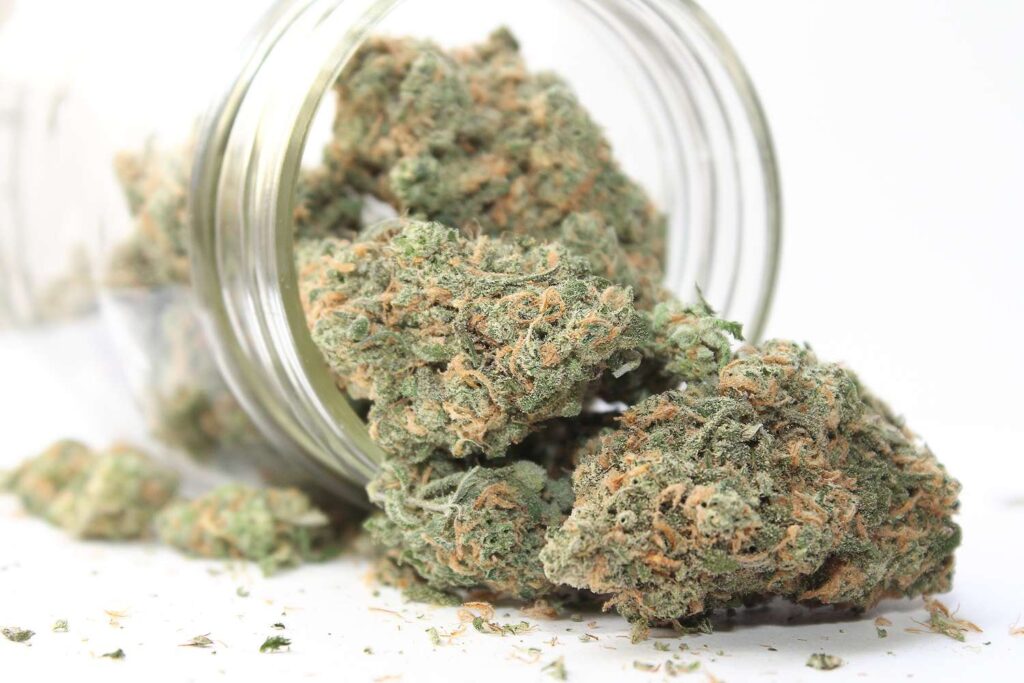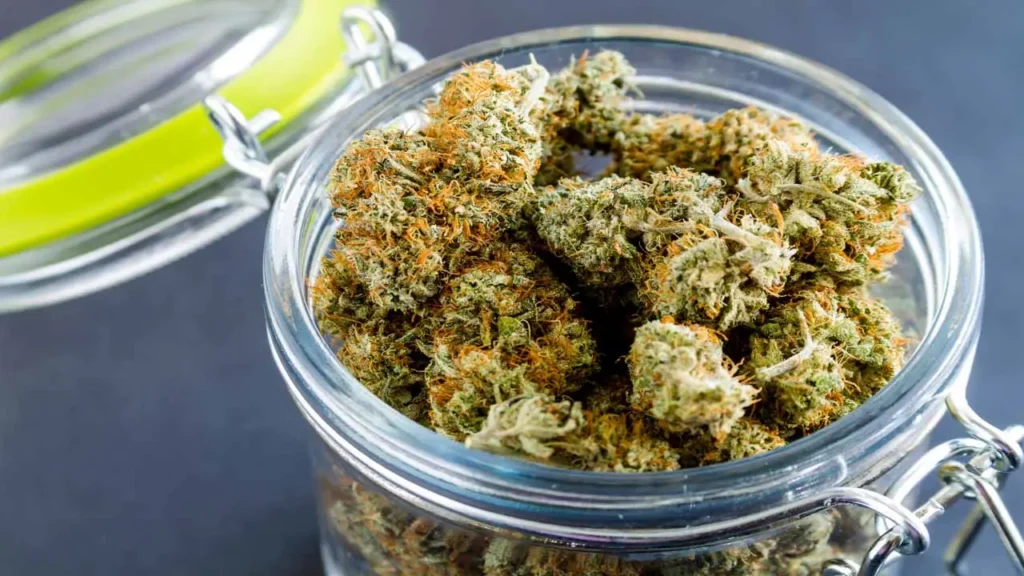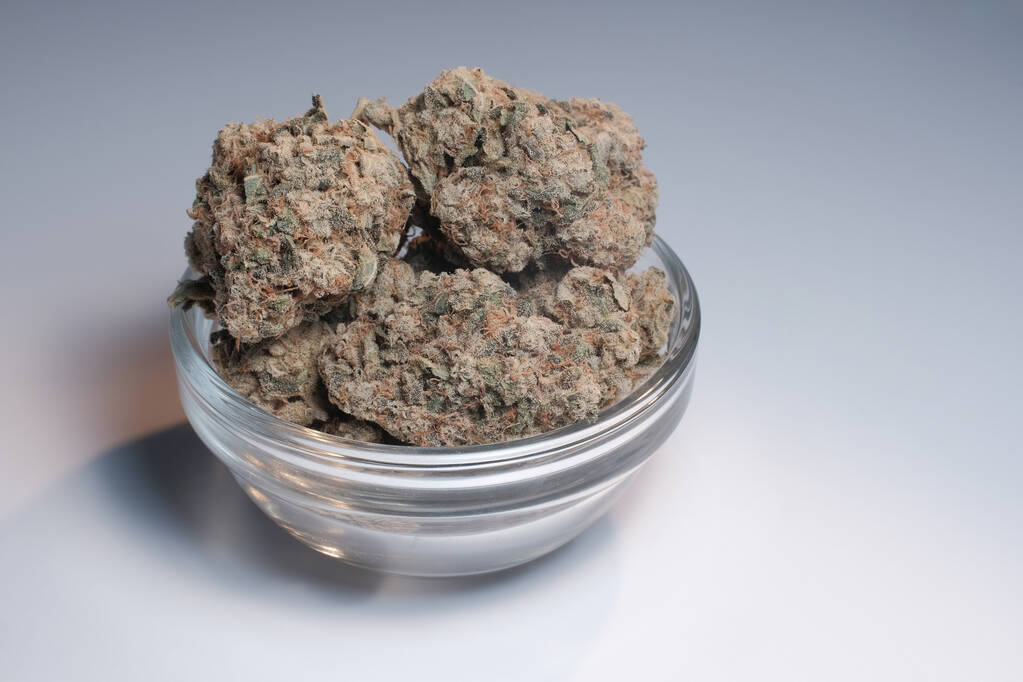Montana Governor Greg Gianforte has signed House Bill 932 into law, marking a major shift in how the state will allocate tens of millions in marijuana tax revenue for conservation.

The bill, which takes effect July 1, broadens the scope of projects eligible for funding and creates new pathways for improving wildlife habitat on both public and private land.
Previously, all $10 million in conservation-dedicated marijuana tax revenue went solely to Habitat Montana, a program managed by Montana Fish, Wildlife and Parks (FWP). These funds were used to secure conservation easements, purchase wildlife management areas, and lease land for habitat protection.
Continue reading

